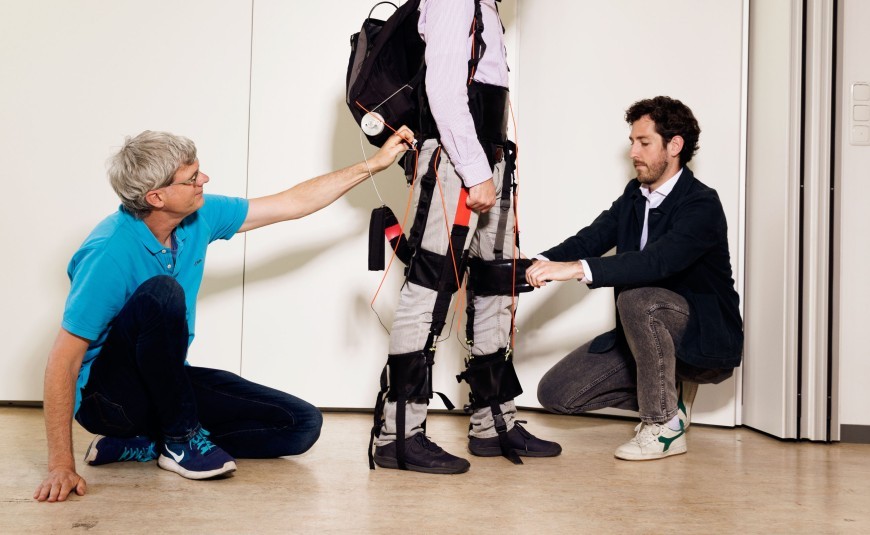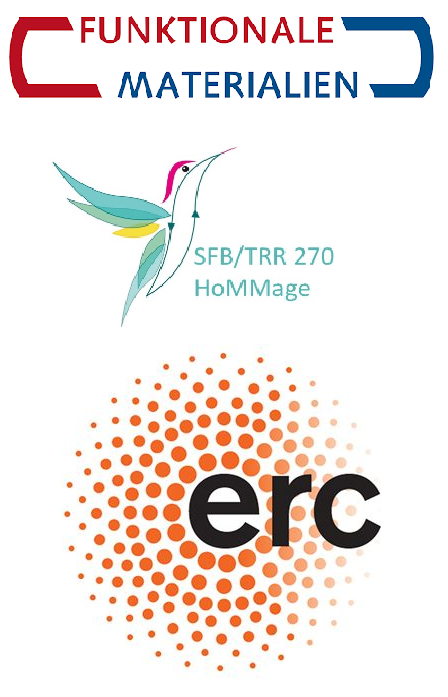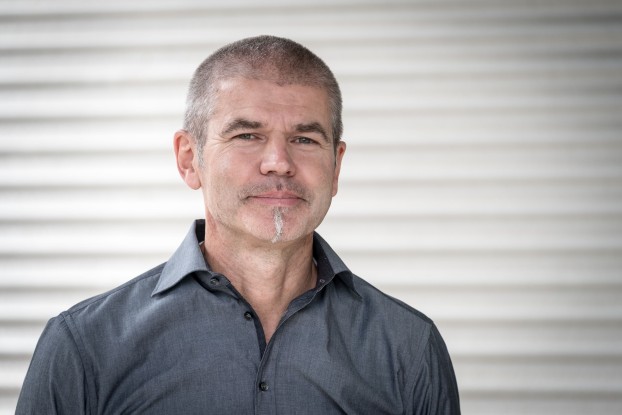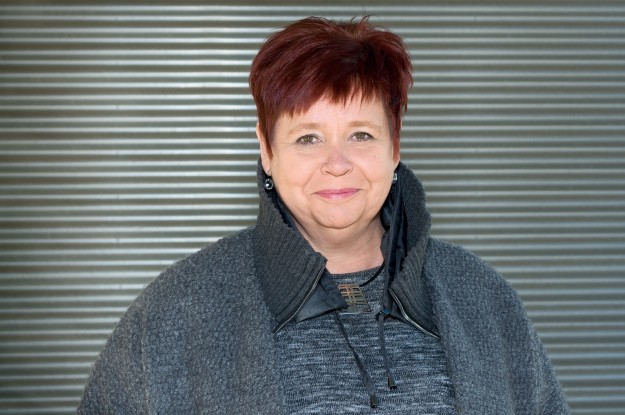Research for physically handicapped people
Functional Materials is part of new DFG-funded research training group (GRK) “LokoAssist” at TU Darmstadt
2021/11/11
The German Research Foundation (DFG) has approved the new research training group “LokoAssist – Seamless Integration of Assistance Systems for Natural Human Locomotion” at TU Darmstadt and the University of Heidelberg. The collegium will be funded for four and a half years starting in 2022 with a budget of around 6 million euros.

The new research training group “LokoAssist” aims to exploit previously untapped potentials of assistance systems to give hope for people with physical disabilities: Research and development of assistance systems for the lower extremities is advancing with new approaches. Leg prostheses, orthoses and exoskeletons can help maintain, restore or improve physical mobility. Tens of thousands of leg amputations are performed in Germany each year, largely caused by vascular disease. Even more frequently, age or illness lead to restrictions in the natural movement capabilities of the legs. Depending on the extent, this is associated with considerable psychological, emotional and social burdens as well as individual disadvantages.
With the focus on active movement assistance systems, the research training group “LokoAssist” will exploit the previously untapped potential of assistance systems and brings together disciplines such as human sciences, computer science, engineering, material science and medicine. The researchers are focusing on “active movement assistance systems” that, compared to conventional passive or semi-active leg prostheses or orthoses, individually and situation-dependently detect a movement sequence and support it by applying forces and moments. Affected persons are likely to experience it as easier in everyday life when such systems independently recognize different movement intentions and generate intuitively predictable motor behavior from them. The only thing is: “Despite major technological advances, this vision has not yet been realized,” explains GRK spokesperson Professor André Seyfarth. The benefits have not yet been achieved: enhanced movement functionality, lower energy consumption, better individual adaptability, greater movement comfort.
For more information see also:



